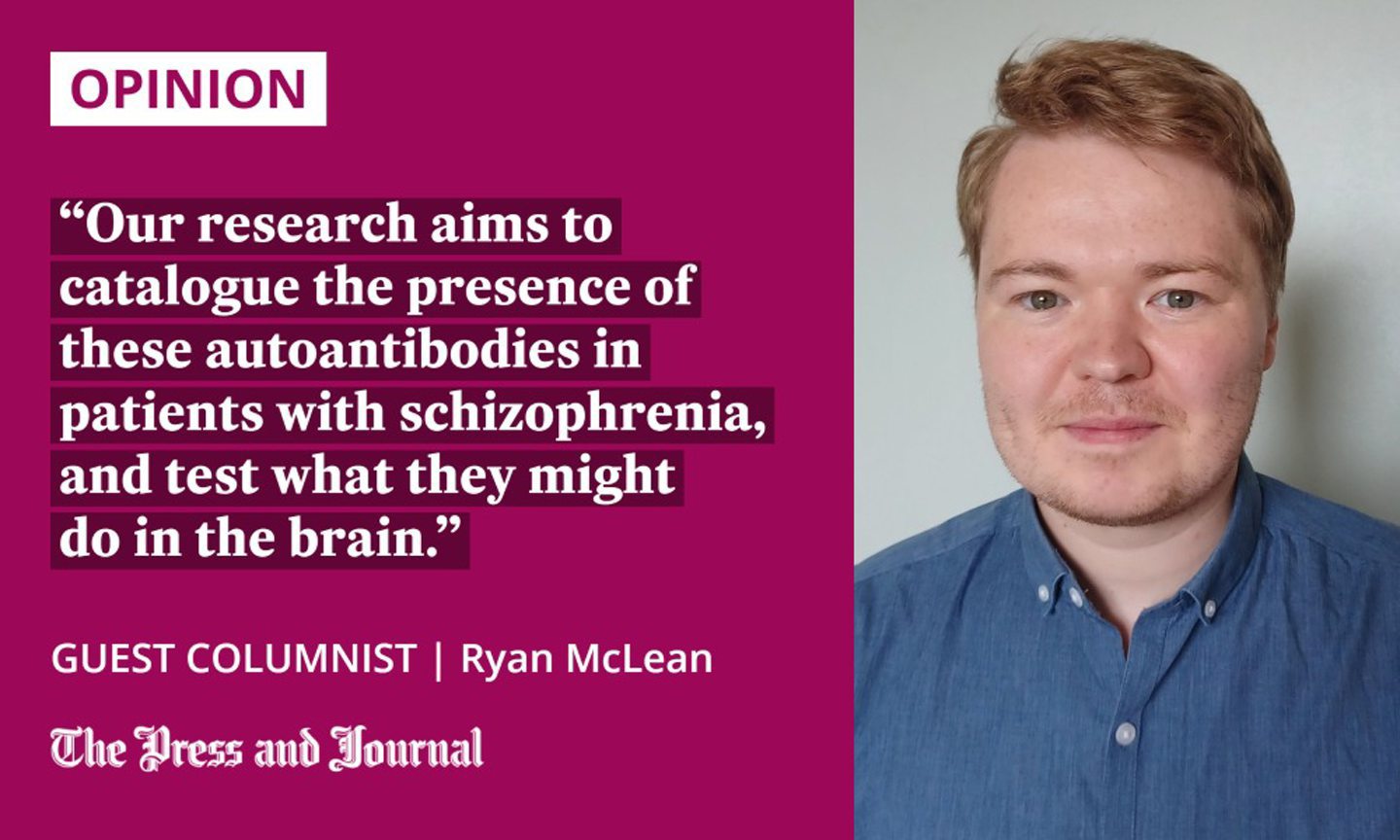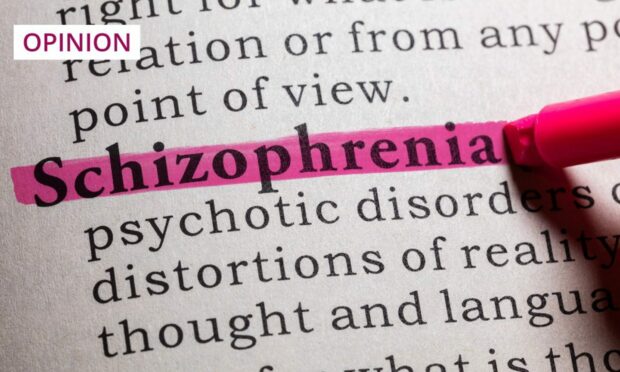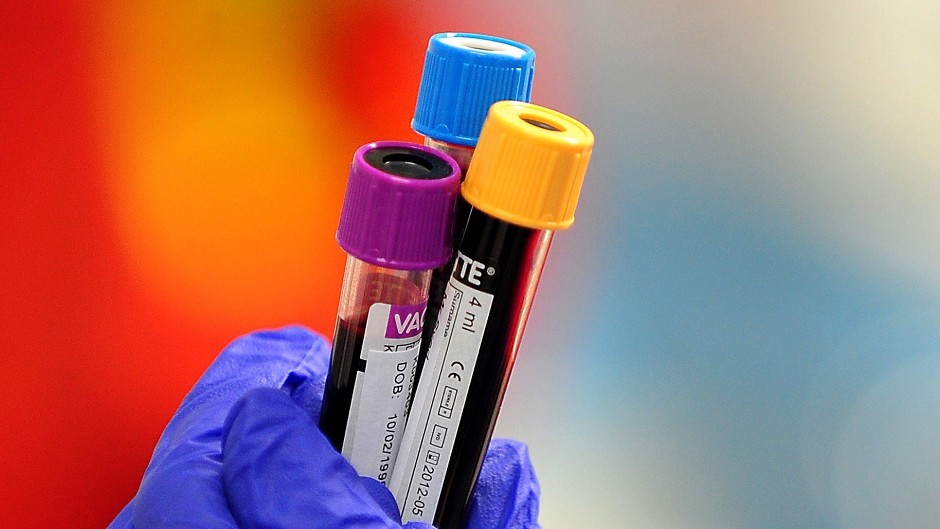Schizophrenia is one of the best-known and yet least-understood mental health conditions.
Almost everyone has heard of it, but few people know what it actually is. From “split personality disorder” to the idea that the condition doesn’t exist at all, myths abound about schizophrenia. While these myths are false, there are many unanswered questions about the condition, even amongst scientists and experts, including the big one: “What causes schizophrenia?”
So, what do we know? To start with, schizophrenia is the clinical name for a combination of symptoms which include hallucinations (seeing or hearing things that are not there) and delusions (believing things that are obviously implausible or impossible), combined with depressive symptoms like social withdrawal, suicidal thoughts or lack of motivation. Since a schizophrenia diagnosis is based on a combination of symptoms, this can sometimes mean that two individuals with schizophrenia can often present with very different symptoms.
The different “symptom profiles” associated with schizophrenia could suggest that the condition has many different causes. Certainly, there are a number of things that increase the risk of developing schizophrenia, including combinations of genetic factors or even things like the month you are born, with individuals born in winter months at a higher (albeit still small) risk of developing schizophrenia.
To coincide with Schizophrenia Awareness Day on July 25, I wanted to talk about some of the groundbreaking research into the causes of schizophrenia which has been going on in the genetics and immunology group at UHI. Much of our work focuses on examining the role of the immune system in schizophrenia, and we are incredibly grateful to be supported by legacy funds from the Schizophrenia Association of Great Britain.

When schizophrenia was first characterised in 1908, it was a time of growing social and technological change. The germ theory of disease – the simple idea that illness is caused by germs – was only about 30 years old, but had become widely popularised.
Scientists are only human and, so, with bugs in the zeitgeist, it is perhaps unsurprising that one of the first theories about schizophrenia came from the observation that people with schizophrenia were more vulnerable to infectious disease. Scientists have since hypothesised that this vulnerability might be more related to the function of the immune system, which is used to fight germs, rather than the germs themselves.
In the genetics and immunology group, our main focus has been on detecting antibodies in patients with schizophrenia. Antibodies are part of the immune system and are made in the body in response to infection or vaccination. Antibodies have a special shape which allows them to “recognise” a bacteria or virus, and help to destroy them. For reasons that are not well understood, sometimes people produce harmful antibodies that can “recognise” their own bodies.
Studies suggest that some people with schizophrenia may produce antibodies that recognise the brain. While the role and function of these antibodies is unclear, our research aims to catalogue the presence of these autoantibodies in patients with schizophrenia, and test what they might do in the brain.
One of the ways we do this is by using blood samples which have been kindly donated to us by healthy volunteers and people with schizophrenia. Most of the components of the immune system – cells, antibodies and other proteins – can be found in the blood.
Using a blood sample, we can test DNA to identify genetic causes of schizophrenia, test the plasma to measure antibodies, and even test immune cells to see if they function differently in patients with schizophrenia.
There have been no new treatments in the last 30 years
Schizophrenia research still has a long way to go. By examining the function of the immune system in patients with the condition, it is our hope that it will be possible to identify new targets for treatments, or identify subgroups of people who might respond to personalised medicines. In the case of schizophrenia, this is particularly important since, despite the crucial and undeniable benefits antipsychotic medication provides, there have been no new treatments in the last 30 years.
I am incredibly excited about the potential of this research. Research works best when it engages with people at both a global and local level. So, please, spread the word about schizophrenia research in the Highlands and, whether you have schizophrenia or not, keep your eyes peeled for posters and adverts calling for volunteers to take part in our research.
- If you would like more information about schizophrenia, the truth surrounding some of the myths, or ways to get involved with raising awareness, visit rethink.org
Ryan McLean is a postdoctoral researcher in biomedical sciences at the University of the Highlands and Islands (UHI)

